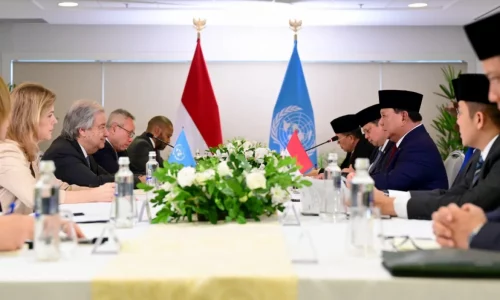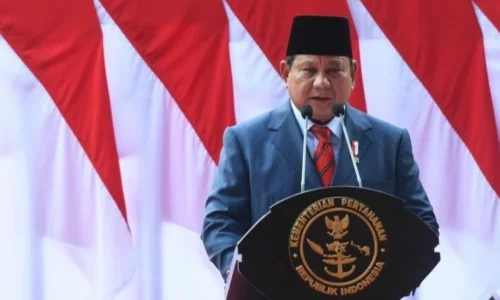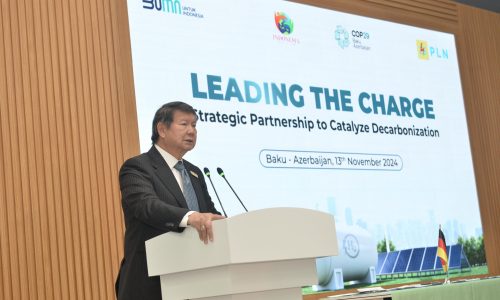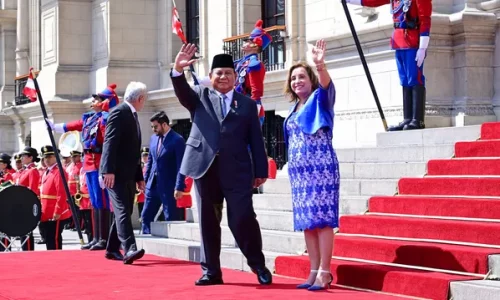The Ministry of Investment has announced that investment commitments resulting from President Prabowo Subianto’s recent visit to China will be implemented from 2025 to 2029, with the focus on industrial development outside Java, such as in Southeast Sulawesi and Riau Islands.
Deputy for Investment Implementation Control at the Ministry of Investment, Edy Junaedi, highlighted that the industrial area in Southeast Sulawesi will prioritize downstream activities for cobalt and mica. However, details about investments in Batam, Riau Islands, remain undisclosed.
“The agreements from China have been prioritized for realization between 2025 and 2029. Investment Minister Rosan P. Roeslani has urged for their implementation as soon as possible,” Edy said during the Executive Meeting dialogue in Jakarta on Monday, November 18, 2024.
During his recent visit to China, President Prabowo oversaw the signing of memoranda of understanding (MoUs) worth US$10.07 billion (Rp156.5 trillion).
These agreements involve collaboration in advanced manufacturing, renewable energy, healthcare, downstream industries, food security, and finance.
Prabowo emphasized that collaboration with Chinese enterprises is a critical element in strengthening bilateral ties.
“Close cooperation between Indonesia and China will contribute to regional stability and enhance collaboration. In the modern era, partnership is the path to peace,” Prabowo said, on November 10, 2024.
China considers Indonesia a priority partner, particularly in energy transition initiatives. These partnerships are expected to aid Indonesia in achieving its net-zero emissions (NZE) target by 2060.
Energy transition collaboration
Dino R. Kusnadi, a senior diplomat at the Ministry of Foreign Affairs, said that addressing climate crises requires international partnerships to accelerate the energy transition process.
As a non-aligned nation, Indonesia has the flexibility to choose partners that add value in terms of technology, infrastructure, and economy.
“China and Indonesia complement each other. While Indonesia benefits from Chinese investments, it must enhance its capacity to keep pace with its partner,” Dino said on September 25, 2024.
From 2006 to 2022, Chinese energy investments in Indonesia totaled US$8.9 billion (Rp93 trillion), with 86 percent allocated to fossil energy and 14 percent to renewables.
Decarbonization goals
A study by the Institute for Essential Services Reform (IESR) suggests that Indonesia can achieve net-zero emissions by 2050 through energy sector decarbonization.
This requires US$1.3 trillion in investments for renewable energy technologies, highlighting the need for international collaborations, including with China.
China’s Belt and Road Initiative (BRI) is seen as an avenue to explore innovative financing mechanisms and boost renewable energy projects.
By leveraging these partnerships, Indonesia aims to accelerate its green energy transition and position itself as a leader in sustainable development.









